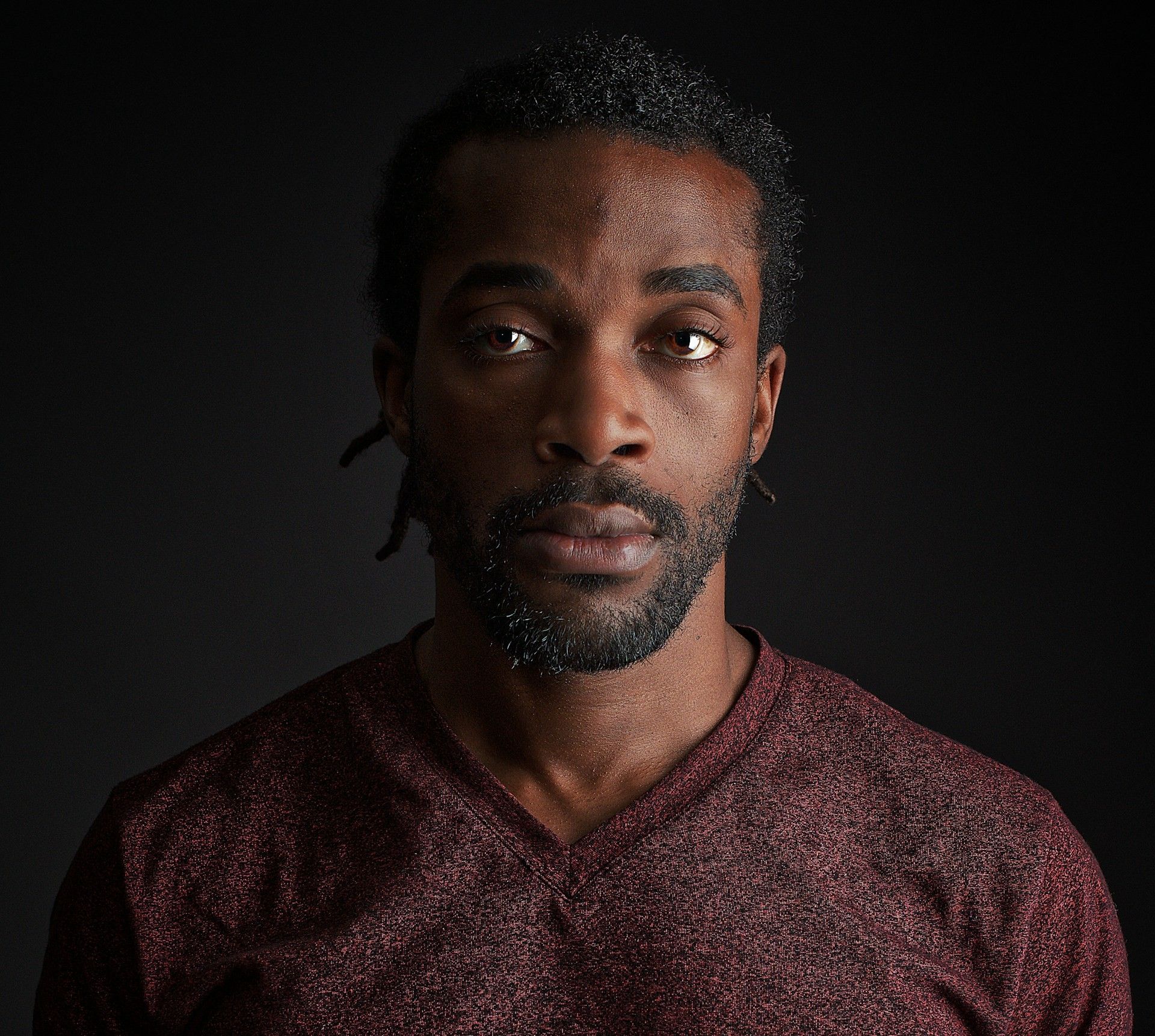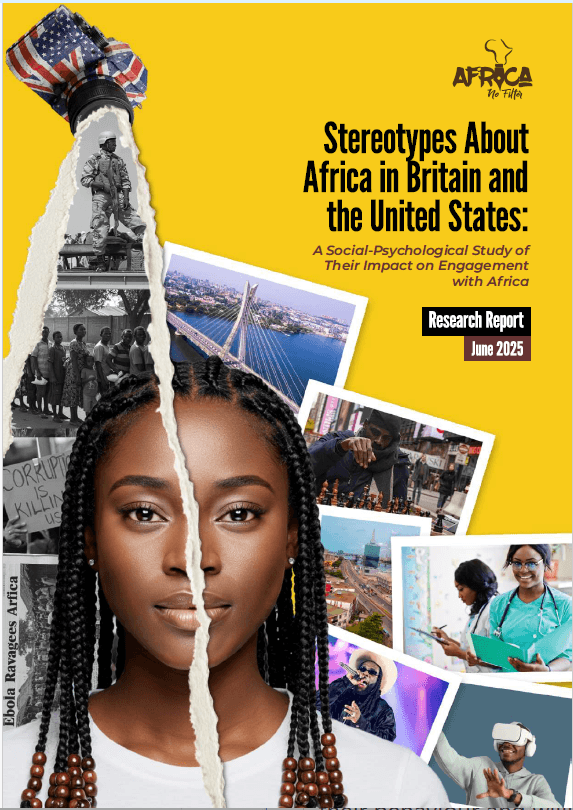Life doesn’t come with a manual. As we grow older and experience different situations, we become wiser and, therefore, make better choices. In the third episode of Rearview Mirror Reflections Podcast, Susan Njoroge and Damaris Agweyu talk about what they've learned through the years about parenting. Rearview Mirror Reflections Podcast is a conversation between two Kenyan women sharing their perspectives on life, and what they are learning along the way. The conversations are a reminder that life and our perspectives keep evolving.
***
From the outside looking in, parenting seems easy. I mean, how difficult can it be to raise a small human? With a little authority and a pinch of toughness, anyone can raise the "perfect" child, or so I thought. Apparently, that's not the case.
In the third episode of Rearview Mirror, Susan Njoroge talks about the notion that parenting is easy. "You think it's easy because of what society told you and the things you saw and read. It would be easy to raise responsible, happy, functional children who can fit into the world and find their place."
But parenting is hard work. It's learning to raise a child as their own person without getting in the way. So, how exactly can you do this? Let's dive in.
Improve your self-confidence
Many people give birth because it's a 'requirement' that has been passed on from generation to generation. They desire to fit in, and, therefore, yield to societal pressure. Others, hoping to fill the void within and feel good about themselves, resort to becoming parents. A good number hopped into parenthood to elevate themselves.
While all these reasons hold water, the drive comes from a deeper place. A place of woundedness. Many people hope children will be their saviour. Unless they give birth, they don't feel that they are ever going to be enough. Hence, the journey to make their children a "better" version of themselves begins.
Well, that's okay. But to raise children who are grounded in who they are, you must heal first. You must work on your self-esteem, anger, insecurities, fears, trauma, and so on because you'll transfer these negative feelings to your child. Your child's esteem solely relies on you. They'll learn their worthiness from you. If you are struggling with esteem issues, that's exactly what they'll mirror.
Play with your child
Parents often think playing with a child is a waste of time, a chore they don't have to invest in as they have more important adult things to do. Playing with your child is one of the precious investment you can make in developing your child's behaviour.
Furthermore, play helps you know your child's capabilities and temperament. Your child learns more about you too. When you take time to play with your child, it shows them they matter to you, and are important and worthy of your time.
Moreover, playing with your child plays a crucial role in developing the child's brain and personality. Molly Wright, a seven-year-old, illustrates the importance of parents playing with their children in this Ted Talk:
Be a positive mirror
Damaris Agweyu, in the third episode of Rearview Mirror Reflections podcast about parenting, notes, "People are realising that even children come with their own mind, and it's not for us to force them into our little boxes and tell them what they need to do." True to her statement, children are their own persons. They derive the perception of who they are from how they see themselves. How they see themselves then reflects how they think others perceive them.
In early years of development, a parent should strive to project a positive image. Give your child the idea that their feelings, opinions, and ideas matter. Let them know they are fun to be around. Be the first person to inform them of the realities of the world. Your child will only think well of themselves if you are constantly affirming them.
Avoid labels
Children search for identity in the early years of development through to teen years. When you label them lazy, dumb, weakling, stupid, among others, they take these labels and wear them like a badge of honour. The same also goes for mean words and abuse.
Parents with children with disabilities are equally guilty of labelling their children after the disability. Beyond disability, your child is still a whole person. There's more to them than their disability.
Parenting is a continuous journey
As a parent, you are in a continuous learning process. In every stage of their development, your children will need you to support them in different ways. Thus, you must be open to learn and guide them, but still give them room to experiment and grow to become their own person.





